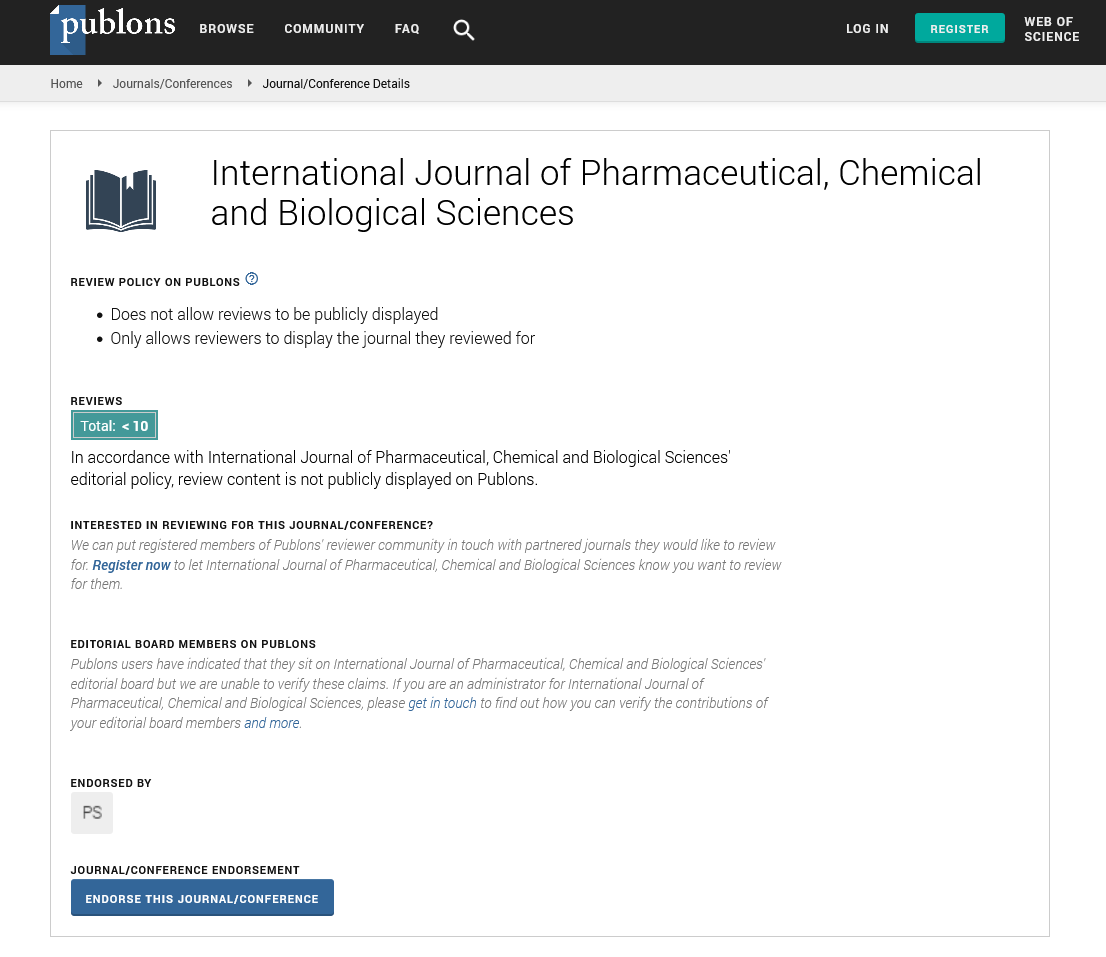Abstract
Author(s): A. Rehna1* , AK. Deepa2, P. NeethuK3 , Anu G4 and Maria Lukose5
Bacteriophage therapy is an important alternative to antibiotics in the current era of multidrug resistant pathogens. Lytic bacteriophage phages have been proposed as natural antimicrobial agents to fight bacterial infections in humans, in animals or in crops of agricultural importance. Phages have also been discussed as hygiene measures in food production and hospitals. Bacteriophagetherapy has been used for decades, but clinical trials in this field are very few in number, leaving many questions unanswered about its effectiveness for many infectious diseases. As a consequence bacteriophage therapy is not used or accepted in most parts of the world. The increasing need for new antimicrobial therapies is driving the development of bacteriophage therapies for a number of diseases but these require the successful completion of large-scale clinical trials in accordance with US FDA or European EMA guidelines. Bacteriophage therapy is typically an active treatment requiring multiplication in the bacterial host and therefore the factors that govern its success are different from those of conventional antibiotics. From the pharmacokinetic and pharmacodynamic points of view, time of treatment, dosage depending on the site of infection and the composition of the bacteriophage formulation need careful consideration when designing clinical trials. Scientific evidence regarding inflammatory effects, potential for gene transferand phage resistance, need to be evaluated through such trials.

